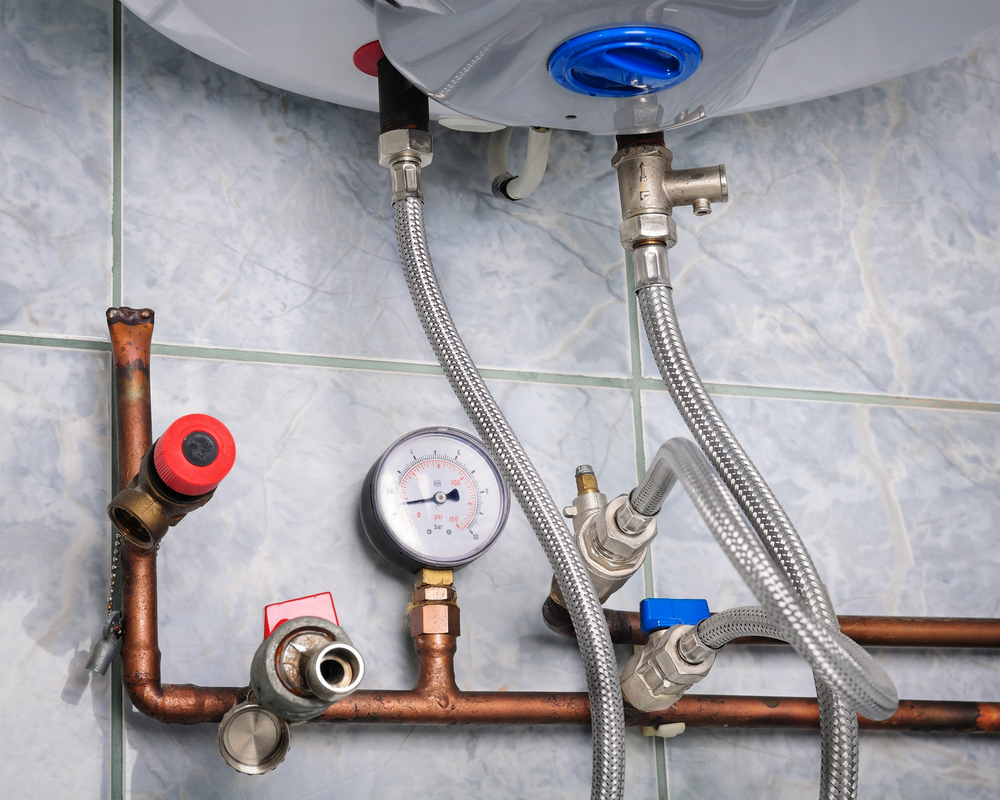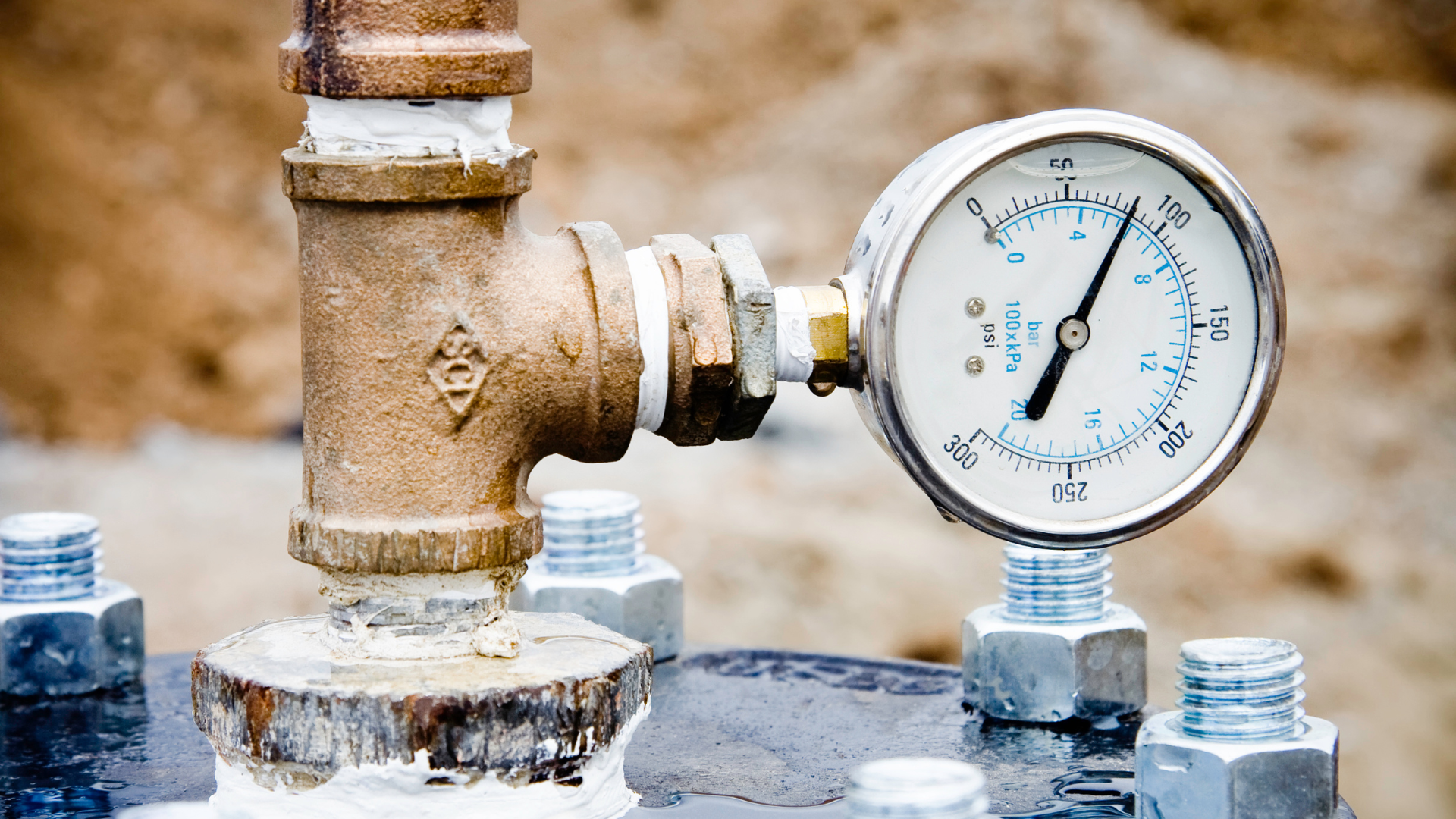Quick Procedures to Improve Low Water Pressure in Your Home
Quick Procedures to Improve Low Water Pressure in Your Home
Blog Article
The article following next pertaining to 10 Reasons for Low Water Pressure in Your House is without a doubt informative. You should give it a look.

Low water pressure in your home can be a discouraging trouble, influencing everything from showering to washing dishes. If you're experiencing weak water flow, there are numerous feasible causes and services to explore. In this guide, we'll discuss common reasons for low water pressure and useful steps to deal with the problem efficiently.
Introduction to Low Tide Stress
Low water stress takes place when the flow of water from your taps, showers, and various other components is weaker than typical. This can make daily tasks more difficult and less efficient. Understanding the reasons for low water stress is critical to locating the right remedy.
Usual Root Causes Of Low Water Pressure
Pipeline Obstructions
In time, pipes can end up being clogged with natural resource, debris, or debris, limiting the flow of water. This is a common concern in older homes with galvanized steel pipelines.
Rust
Corrosion within pipelines can result in leaks and minimized water pressure. Corrosion build-up can restrict water flow, particularly in aging plumbing systems.
Faulty Stress Regulators
Stress regulators are accountable for maintaining constant water stress in your home. If they malfunction, it can result in low water stress or unequal flow throughout your house.
Community Water Supply Issues
Occasionally, the issue lies outside your home. Community supply of water issues, such as main line leakages or upkeep job, can briefly reduce water stress in your area.
Exactly How to Detect Low Tide Stress
Inspecting Faucets and Components
Start by checking the water pressure at different taps and components throughout your home. If the concern is isolated to details locations, it may suggest local issues.
Checking Pipelines
Inspect visible pipes for indications of leaks, rust, or clogs. Focus on any uncommon audios, such as knocking or rattling pipes, which could suggest concerns within the plumbing system.
Consulting with a Plumber
If you're incapable to determine the reason for low water stress, take into consideration working with a professional plumber to conduct a complete assessment. They can recognize underlying concerns and advise ideal solutions.
DIY Solutions to Fix Low Water Stress
Cleansing Aerators and Showerheads
Natural resources can gather in aerators and showerheads, reducing water flow. Remove and clean these components routinely to boost water stress.
Flushing Hot Water Heater
Debris accumulation in the water heater can restrict flow and reduce performance. Purging the storage tank periodically helps get rid of sediment and keep optimal efficiency.
Checking Pressure Regulatory Authority
Make certain that the pressure regulator is working appropriately. Adjusting or replacing the regulatory authority can help bring back appropriate water stress throughout your home.
Clearing Clogs in Pipeline
For minor blockages, attempt utilizing a plumbing serpent or chemical drainpipe cleaner to clear blockages in pipelines. Be cautious when using chemicals and comply with security standards.
When to Call a Professional Plumber
If DIY efforts stop working to settle the issue or if you suspect considerable plumbing issues, it's finest to seek help from an accredited plumber. They have the experience and devices to deal with complicated problems securely and effectively.
Safety Nets to Preserve Water Pressure
Routine Upkeep
Arrange regular maintenance for your plumbing system to avoid problems such as rust, leakages, and blockages. Dealing with minor issues early can aid avoid even more significant repairs later on.
Installing a Stress Booster
Consider setting up a pressure booster pump to boost water pressure in areas with consistently low flow. This can be specifically useful for multi-story homes or homes with high-demand fixtures.
Monitoring Water Usage
Bear in mind water use routines and avoid overtaxing the plumbing system. Straightforward modifications, such as incredible showers and laundry tons, can help keep appropriate water pressure.
Conclusion
Managing low water pressure can be irritating, however recognizing the underlying causes and implementing proper services can restore ideal flow throughout your home. Whether it's cleansing aerators, checking pipes, or speaking with a plumber, taking aggressive steps can make certain a consistent supply of water for your daily requirements.
HOW TO FIX LOW WATER PRESSURE IN YOUR HOUSE
When your plumbing system functions properly, you likely never think about the water pressure coming from your faucets, shower heads, or other water fixtures. If you experience low water pressure in your house, though, it can quickly cause problems for cooking, cleaning, bathing, and laundry. Learning how to fix low water pressure in your house can help you avoid frustrating situations and worsening plumbing issues.
When investigating why your home has low water pressure, call the plumbing professionals at Hutchinson to inspect your system, identify the problem, and perform necessary repairs. Our highly-trained plumbing system experts utilize the best tools and techniques available to resolve issues with your home’s plumbing system. Call today to schedule a service with our experts and resolve the low water pressure in your home.
Common Causes of Low Water Pressure
While learning about how to fix low water pressure in your house, it’s essential to understand the various causes of this issue. From plumbing system failures to issues with your water fixtures, there are many reasons for low water pressure in a home. The most common causes of low water pressure include:
Pipe corrosion: If you live in an old house, your pipes could be much older than you realize. Over time, most pipes corrode, especially those made from galvanized steel. Corrosion creates small holes in your pipes that allow water to leak as it travels to your fixtures, leading to low water pressure. Hard water: Hard water forms when water retains a certain concentration of mineral and sediment buildup. Hard water can exacerbate corrosion and reduce water pressure. Hard water remains one of the main culprits of clogged pipes. Clogged pipes: When a pipe blockage clogs your system, it restricts water flow. That’s why clogged pipes are a leading cause of low water pressure. Faulty fixtures: Components within individual water fixtures can experience isolated clogging and rusting that cause low water pressure. If you notice only low shower pressure or limited faucet flow, inspect your system for faulty fixtures displaying rusting, clogging, and other damage. Water line leaks: Your water supply usually comes from a community source connected to your home through a water line. Any leaking in this water line will reduce water pressure before it enters your home. If you share a water line with neighbors, they might also notice low water pressure due to this problem. Broken pressure regulator: The pressure regulator ensures the water flowing throughout your home remains at a psi of about 50. Damage or breakdown of this crucial component will reduce water pressure throughout your property. Closed valve: The water valve supplying your home must be fully open to enable proper water pressure. A partially closed valve will yield low water pressure and cause issues. 5 Ways to Fix Low Water Pressure
Check for Leaks
Depending on their severity, leaks are usually easy to identify as the cause of your low water pressure. Whether your basement floods overnight or you notice mold growth on surfaces near your pipes, leaks usually present noticeable symptoms. In most cases, you’ll need to call professionals to replace sections of damaged piping or seal water line leaks.
Clear Clogged Pipes and Drains
Clogs can occur in any part of your system at any time. In most cases, it’s difficult to resolve clogged pipes and drains without professional equipment and experience.
Hutchinson experts can perform a comprehensive plumbing system inspection to identify the clog’s source and remove obstructions from your pipes. With the help of advanced equipment, we can restore your home’s normal water flow and pressure.
Replace the Pressure Regulator
After identifying a faulty pressure regulator as the cause of your low water pressure, there’s nothing to do but replace the mechanism. Homeowners should never conduct their own replacement.
Attempting to replace a crucial component like your pressure regulator that attaches to your overall plumbing framework could cause unnecessary damage and worsen the situation. Instead, rely on professionals to replace your pressure regulator properly.
Repair or Replace Broken Faucets and Fixtures
If you notice water pressure issues in an individual faucet or fixture, you can solve the problem quickly. Depending on the type and location of the fixture, you can likely replace it yourself.
For homes with custom fixtures, you might need to special order new parts. In these cases, opting for professional replacements helps you avoid any mishaps that could leave your water feature dysfunctional for longer.
Install a Pressure Booster
Water pressure problems impacting your neighborhood or community at large might require more overarching solutions. If your neighbors experience low water pressure as well, you might need to integrate a pressure booster into your water supply line.
Pressure boosters upgrade the water pressure starting at the source. These mechanisms can provide water pressure benefits to any homes on the same supply line. Call Hutchinson today to install a pressure booster on your water supply line.
Call Hutchinson to Fix All Your Plumbing Issues
Low water pressure is just one of many plumbing problems that reduce home comfort and cause system issues. The top-rated professionals at Hutchinson offer comprehensive plumbing services, including system inspections, maintenance, and repairs.
https://www.hutchbiz.com/blog/2024/01/15/how-to-fix-low-water-pressure-in-house/

Do you really like reading about 9 Reasons for Low Water Pressure in Your House? Create feedback down the page. We will be happy to find out your responses about this write up. We hope to see you back again soon. If you appreciated our page if you please don't forget to share it. Thanks for your time. Don't forget to come by our website back soon.
Book Report this page